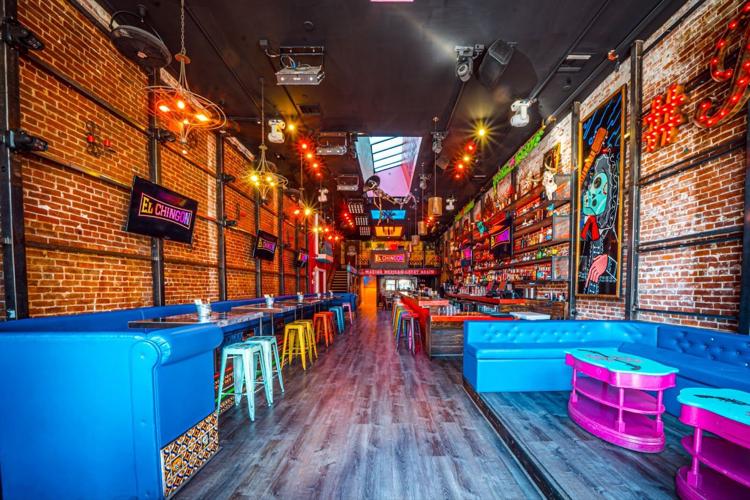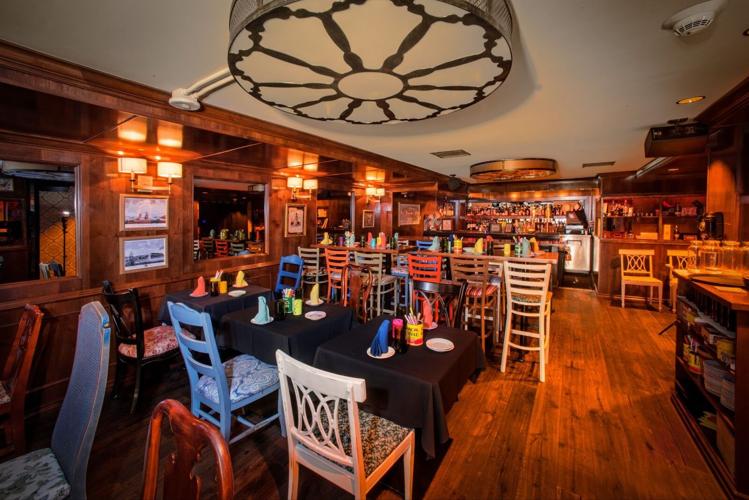
Stepping into a luxury hotel is never just about the comfort of plush bedding or the indulgence of fine dining. For the well-traveled and curious, the true charm lies in the stories the walls whisper and the legacies carefully preserved within their foundations. Across the globe, historic hotels offer more than just accommodation — they provide a rare journey through time, blending cultural richness with modern elegance.
A Timeless Experience That Transcends Travel
What distinguishes a historic hotel from its contemporary counterparts is not just age but heritage. These destinations often stand on the shoulders of centuries, their architecture reflecting periods of artistic brilliance and their walls imbued with the energy of guests who shaped history. For example, The Waldorf Astoria in New York has been a gathering place for presidents, celebrities, and global icons, making it more than a hotel — it is a landmark of American culture.
Travelers seeking such experiences are not only looking for a luxurious stay but for the rare chance to live inside history. The ambiance is elevated by antique furniture, curated art collections, and preserved design details that give every corridor and suite a sense of narrative continuity. Each night spent in these hotels allows guests to play a part in the ongoing story.
European Elegance That Echoes Through the Ages
Europe is home to some of the most renowned historic hotels in the world, where legacies stretch back to the Renaissance and beyond. The Ritz Paris continues to enchant travelers with its mix of French sophistication and historic prominence. Frequented by Coco Chanel, Ernest Hemingway, and royalty, the Ritz epitomizes how a luxury property can become a cultural symbol.
Similarly, Hotel Sacher in Vienna is known not only for its grandeur but also for the legendary Sachertorte, which connects culinary tradition with the hotel’s opulent history. Guests are not only savoring a slice of cake but also experiencing a piece of Austrian culture that has been perfected for over a century.
These examples reveal how European historic hotels have transcended their role as places of rest, transforming into living museums where guests immerse themselves in the elegance of eras past.
American Icons That Celebrate Heritage

Across the Atlantic, the United States also boasts remarkable properties that showcase the marriage of history and luxury. The Fairmont Banff Springs in Canada’s Rocky Mountains, often referred to as the “Castle in the Rockies,” has welcomed travelers since 1888. Its Scottish baronial architecture and breathtaking mountain setting create a storybook experience that feels timeless.
Closer to home, the Hotel del Coronado in California has been a crown jewel of the West Coast since 1888. With its iconic red-roofed turrets, oceanfront setting, and history of hosting presidents and Hollywood legends, it embodies the spirit of American luxury hospitality. Guests today continue to be captivated by its blend of seaside relaxation and historic prestige.
Modern Luxury Meets Historic Charm
What makes these hotels especially intriguing is how they seamlessly balance tradition with modern expectations. Guests can enjoy state-of-the-art spas, Michelin-starred restaurants, and smart in-room technology while still surrounded by period architecture and carefully preserved historical details.
Take The Savoy in London, for instance. While its Edwardian and Art Deco designs remain intact, its modern amenities ensure that the experience is both nostalgic and contemporary. Guests can sip cocktails once favored by Winston Churchill while enjoying impeccable service enhanced by today’s finest hospitality standards.
Why Travelers Continue to Choose Historic Hotels
In a world where new luxury resorts appear every year, why do so many discerning travelers still gravitate toward historic hotels? The answer lies in the pursuit of meaning. These properties do more than pamper — they enrich. They allow travelers to connect with legacies of culture, architecture, and storytelling in ways no modern building can replicate.
Historic hotels are also deeply tied to their communities. They host cultural events, preserve local traditions, and serve as gathering places for generations. Their enduring popularity among affluent travelers is a testament to the fact that luxury is not just about material comfort but also about the richness of experience.
A Journey Through Time Awaits

Choosing a historic hotel is about more than selecting a place to stay it is about embracing a journey. From the cobblestone streets outside Vienna’s Hotel Sacher to the sun-drenched verandas of the Hotel del Coronado, every corner reveals the spirit of another era. These hotels offer the rare opportunity to step back in time while enjoying the indulgences of the present.
For travelers who seek not only comfort but also significance, historic hotels remain unmatched. They are where history lives on and where luxury becomes eternal.





(0) comments
We welcome your comments
Log In
Post a comment as Guest
Keep it Clean. Please avoid obscene, vulgar, lewd, racist or sexually-oriented language.
PLEASE TURN OFF YOUR CAPS LOCK.
Don't Threaten. Threats of harming another person will not be tolerated.
Be Truthful. Don't knowingly lie about anyone or anything.
Be Nice. No racism, sexism or any sort of -ism that is degrading to another person.
Be Proactive. Use the 'Report' link on each comment to let us know of abusive posts.
Share with Us. We'd love to hear eyewitness accounts, the history behind an article.